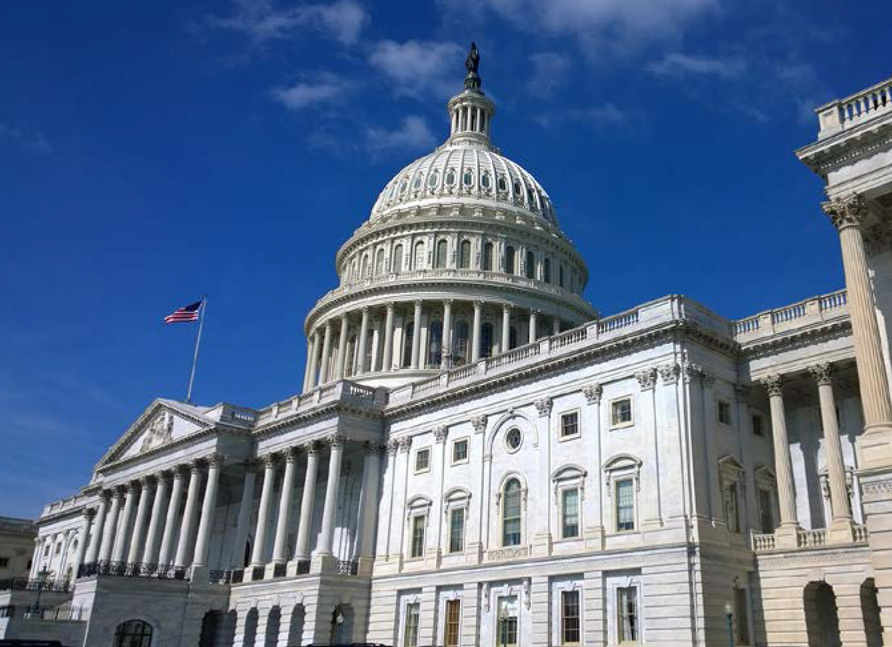The American Political Science Association advocates for increased federal support for basic and applied political science research and education. APSA also engages on limited issues directly impacting the discipline and membership.
FISCAL YEAR 2018 FINALIZED
On March 23, 2018, President Donald Trump signed an FY18 omnibus spending bill (H.R. 1625). The bill includes increases in federal funding for programs that support political science research and education, and rejects proposed cuts to the National Science Foundation (NSF), National Endowment for the Humanities (NEH), and Fulbright-Hays.
The bill includes approximately $153 million for NEH, a $3 million increase from FY17. The NSF’s budget was increased overall by nearly 4% from FY17, to $7.767 billion. The Department of Education’s Title VI and Fulbright-Hays international education and language programs received flat funding. The administration’s FY18 budget recommended that Congress eliminate funding for the two programs, and the original House appropriations bill did not include funding for Fulbright-Hays. The appropriations package also includes $2.814 billion for the Census Bureau in anticipation of the 2020 Census, nearly doubling the FY17 funding level of $1.47 billion. The award is notably $1.13 billion more than the White House’s FY18 request.
FISCAL YEAR 2019 IN PROCESS
The Presidential Budget Request for the 2019 fiscal year maintains essentially flat funding for the National Science Foundation and repeats its recommendation that the federal government end support for the NEH and international education programs at the Department of Education. The FY19 budget request initially proposed a $2.2 billion cut to NSF funding from enacted 2017 levels. However, the cut was negated in an addendum from the Office of Management and Budget that adjusted the proposals in light of the recently passed legislation that raised budget caps.
The NSF’s proposed FY19 budget, however, includes a disproportionate cut to the Social, Behavioral, and Economic Sciences (SBE) directorate. Under the NSF proposal, the directorate would receive a 9.1% cut. Other directorates’ funding are held approximately flat or receive a 1%–2% reduction.
As of this writing, Congress has not introduced appropriations bills for FY19. APSA is partnering with the National Humanities Alliance, the Consortium of Social Science Associations, the Coalition for National Science Funding, and the Coalition for International Education to advocate for robust social science and humanities funding in the current fiscal year.
THE 2020 CENSUS
On March 26, 2018, the US Department of Commerce announced that it will reinstate a question regarding citizenship status in the 2020 census. The census last included a citizenship question in 1950. APSA issued a statement expressing deep concern that the addition, which was introduced without following standard practice for public comment and testing new questions, could compromise the response rate and undermine the scientific integrity of the decennial questionnaire. APSA continues to monitor developing legislative efforts to address these concerns.
TAKE ACTION
APSA members play a key role in communicating the value of political science research and education to policymakers. Learn more about working with your government relations officer, advocating for the discipline, and communicating with policymakers on the advocacy page on APSA’s website.



